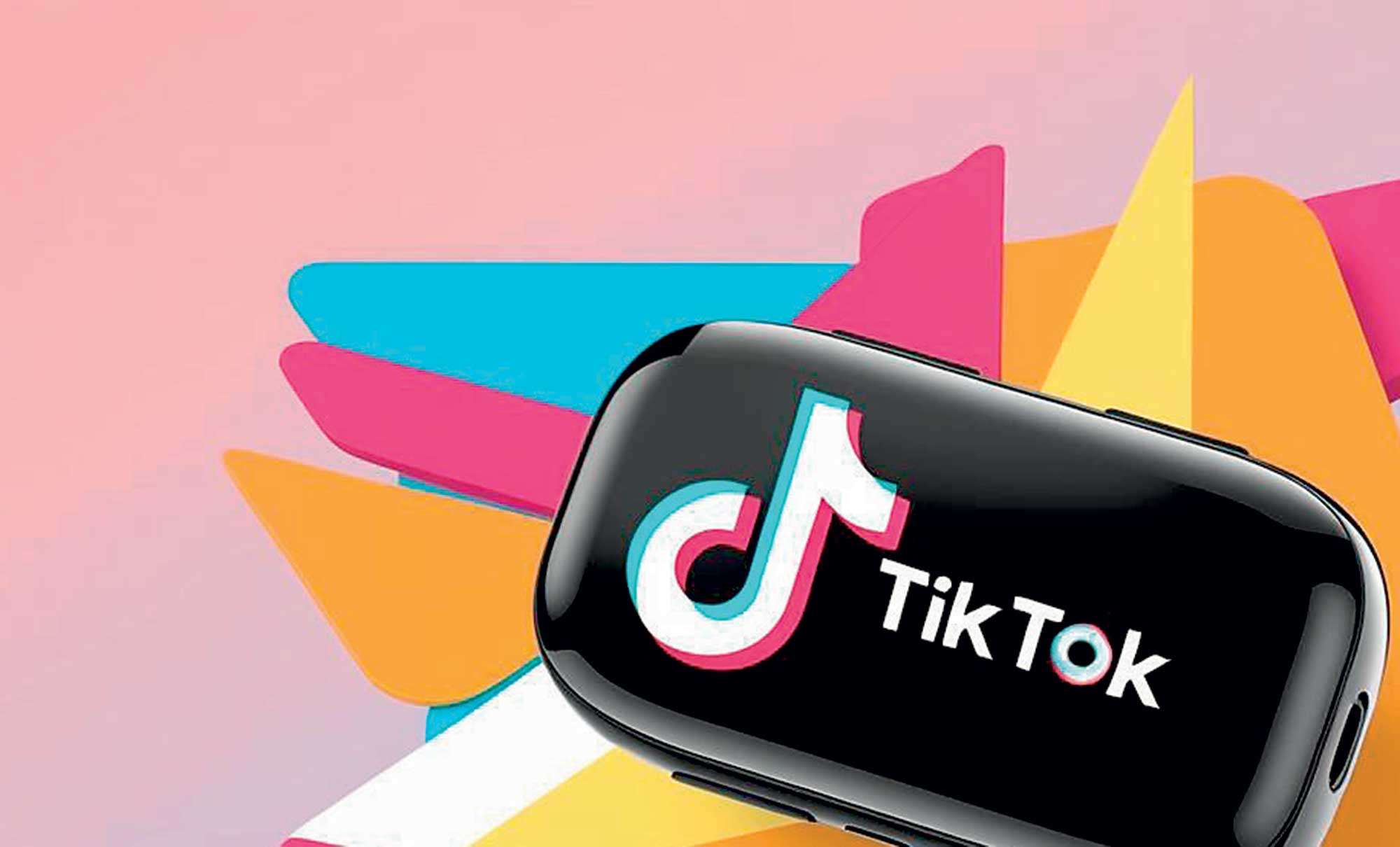
Let’s be honest, social media used to be fun. Remember the early days of Facebook, back in 2005 or 2006, when posting a random status update felt exciting? Or the rush of getting your first 100 followers on Instagram? Fast forward to today, and that excitement has turned into exhaustion. Between algorithm changes, endless scrolling, and the pressure to present a perfect life, more and more people are stepping back. Even influencers; the very people who built careers off these platforms, are saying, “enough is enough.”
I get it. I quit Facebook in early 2024, and now the only social media account I personally maintain is Instagram. Before that, I had already deleted X (formerly Twitter), Snapchat, and TikTok. It wasn’t an easy decision, but I realized social media was draining me more than it was adding value to my life. Today, I only interact with those platforms through work accounts, strictly for professional reasons, not for mindless scrolling through reels and pictures. And I’m not alone, this digital detox movement is gaining serious traction. But is it a real shift, or just another trend?
The Burnout is Real
At some point, social media stopped being about connection and started feeling like a full-time job. It’s a cycle: post, engage, scroll, compare, repeat. Influencers have been the first to crack under the pressure. Emma Chamberlain, one of YouTube’s biggest stars, took a step back from regular posting, citing mental exhaustion. Other creators have quit completely, choosing a quieter, less public life over the stress of constant content creation.
Even for those of us without millions of followers, the struggle is real. Studies show that excessive social media use contributes to anxiety, depression, and even lower self-esteem. The Pew Research Centre reported in 2024 that nearly 40% of young adults feel that social media negatively affects their mental health. It’s no surprise that many are looking for an escape.
Logging Off to Tune In
What’s interesting is that people aren’t just quitting social media, they’re rediscovering real life. Instead of spending hours curating the perfect
post, they’re picking up hobbies, engaging in face-to-face conversations, and even going back to old-school forms of communication (hello, phone calls and letters!).
I’ve noticed this shift in my own life. Without the constant urge to check notifications, I feel more present in conversations, less anxious about keeping up with trends, and more connected to the real world. Many others share the same experience. Communities dedicated to ‘digital minimalism’ and ‘dopamine detoxes’ are growing, encouraging people to take breaks and reassess their relationship with technology.
The Rise of Offline Movements
It’s not just individuals making this shift, entire social movements are forming around the idea of unplugging.
Silent walking groups, book clubs, and no-phone zones in cafes and restaurants are popping up everywhere. Even Gen Z, the digital-native generation, is embracing flip phones and spending less time online.
Meanwhile, tech companies are taking notice. Instagram has introduced, ‘Take a Break’ reminders, and TikTok automatically limits screen time for younger users. These small changes hint at a larger cultural shift: we’re moving away from compulsive scrolling and toward more mindful, intentional engagement with technology.
Is This the End of Social Media?
Not quite. Social media isn’t going anywhere, but the way we use it is changing. Instead of mindless scrolling, people are adopting a ‘quality over quantity’ approach. This could mean setting strict time limits, curating feeds to focus on content that genuinely adds value, or even taking social media ‘sabbaticals’ throughout the year.
At the end of the day, social media is a tool; it’s up to us how we use it. Maybe the real trend isn’t quitting altogether, but learning how to engage in a way that benefits our mental health and overall well-being. One thing’s for sure: the days of being glued to our screens 24/7 are coming to an end, and that might just be the best thing to happen to us in a long time.












